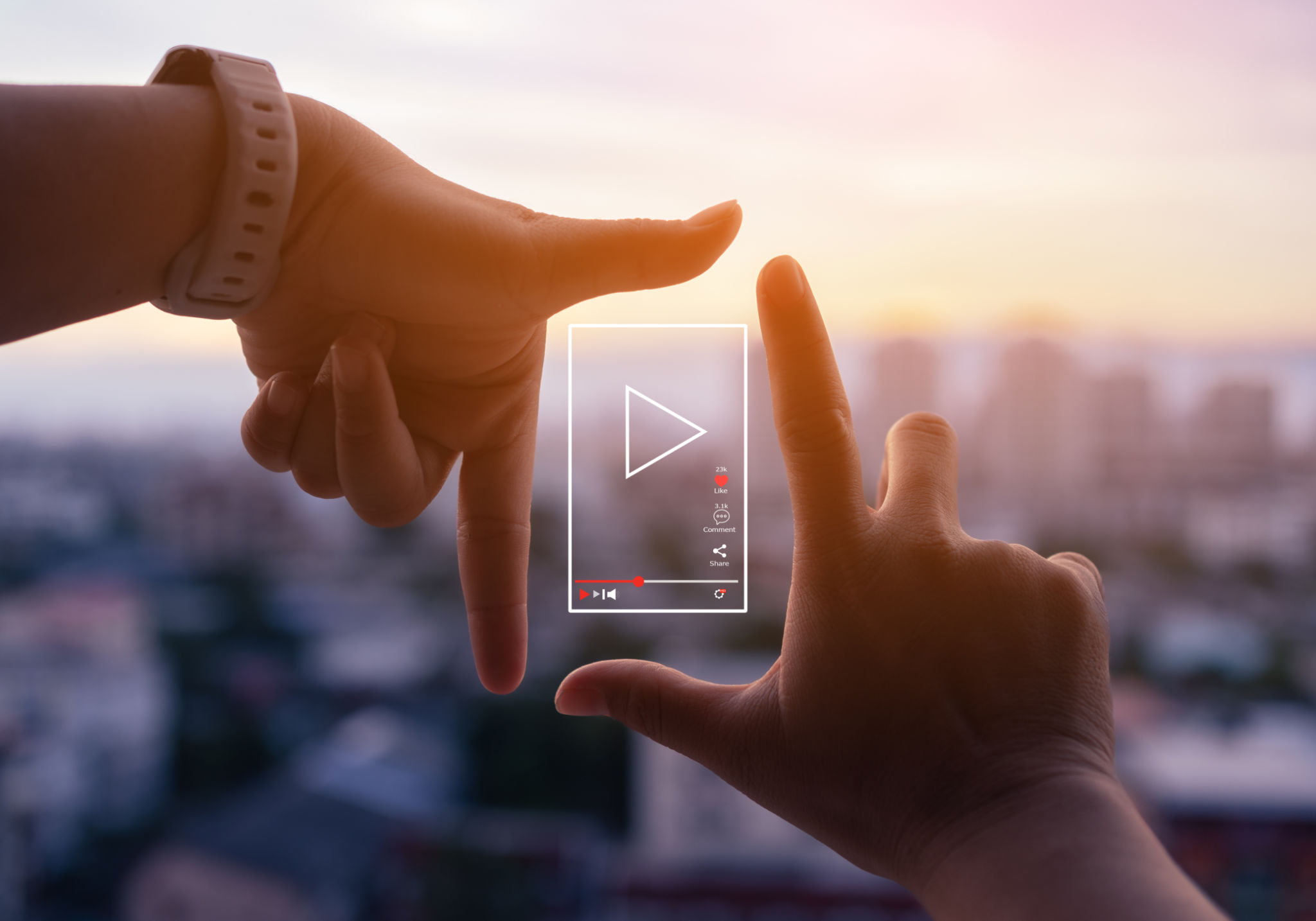The Latest Trends in Marketing Agencies: What to Expect and How to Adapt
Embracing Digital Transformation
In the fast-paced world of marketing, staying ahead of the curve is crucial for agencies aiming to deliver cutting-edge solutions to their clients. One of the most significant trends currently shaping the landscape is the digital transformation of marketing strategies. As businesses increasingly migrate to digital platforms, marketing agencies are required to pivot their approaches and harness the power of digital tools and analytics.

Agencies are investing heavily in digital tools that offer real-time data analytics, enabling them to craft personalized marketing campaigns. This shift not only enhances customer engagement but also provides measurable results that can be fine-tuned over time. As a result, marketing professionals need to become adept at interpreting data and using it to inform strategic decisions.
The Rise of Influencer Marketing
Influencer marketing is no longer just a buzzword—it's a critical component of modern marketing strategies. With the rise of social media platforms, influencers have become powerful allies in reaching targeted audiences. Agencies are now building dedicated teams to manage influencer partnerships, ensuring they align with brand values and resonate with desired demographics.
To adapt, marketing agencies should focus on identifying influencers who genuinely connect with their audience. Authenticity is key, as consumers are becoming increasingly savvy and can easily spot disingenuous endorsements. By forming genuine partnerships, agencies can leverage the influencer's credibility and reach.

Personalization and Customer Experience
Today's consumers expect personalized experiences that cater to their individual needs and preferences. As such, marketing agencies are investing in technologies that allow for customization at scale. This involves utilizing AI and machine learning algorithms to analyze consumer behavior and deliver tailored content.
Agencies must ensure that personalization efforts extend across all channels, creating a seamless customer journey. This holistic approach not only enhances satisfaction but also fosters brand loyalty. By leveraging the latest technologies, agencies can provide clients with a competitive edge in an increasingly crowded market.
Sustainability and Ethical Marketing
As environmental concerns rise, sustainability has become a priority for both consumers and businesses. Marketing agencies are responding by integrating sustainable practices into their strategies and promoting ethical marketing. This trend is not just about reducing carbon footprints; it involves transparent communication and socially responsible messaging.

Agencies should guide their clients in developing campaigns that highlight sustainability efforts and ethical practices. By doing so, they not only contribute to a better world but also enhance brand reputation and appeal to eco-conscious consumers.
Utilizing Augmented Reality (AR) and Virtual Reality (VR)
Augmented Reality (AR) and Virtual Reality (VR) are transforming how brands interact with their audiences. These technologies provide immersive experiences that captivate consumers, making them powerful tools in a marketer's arsenal. Agencies are increasingly incorporating AR and VR into their campaigns to deliver memorable brand interactions.
To stay competitive, marketing professionals need to stay abreast of advancements in AR and VR technologies. By doing so, they can offer innovative solutions that set their clients apart in the market, creating unique experiences that drive engagement.

Conclusion: Staying Ahead of the Curve
The marketing landscape is evolving rapidly, driven by technological advancements and changing consumer expectations. To remain competitive, agencies must be agile, embracing new trends and adapting their strategies accordingly. By investing in digital tools, forming authentic influencer partnerships, prioritizing personalization, promoting sustainability, and leveraging AR/VR technologies, marketing agencies can ensure they remain at the forefront of innovation.
The future of marketing lies in the ability to adapt quickly and efficiently, providing clients with solutions that not only meet current demands but also anticipate future challenges. As these trends continue to evolve, agencies that stay informed and proactive will thrive in the ever-changing world of marketing.
